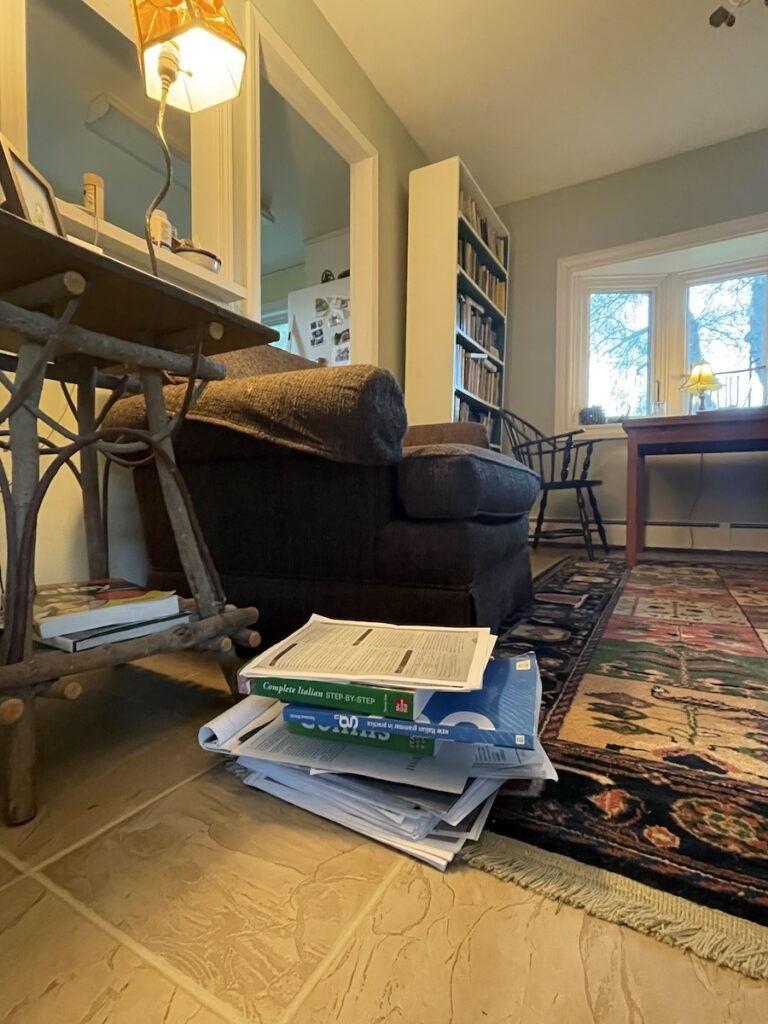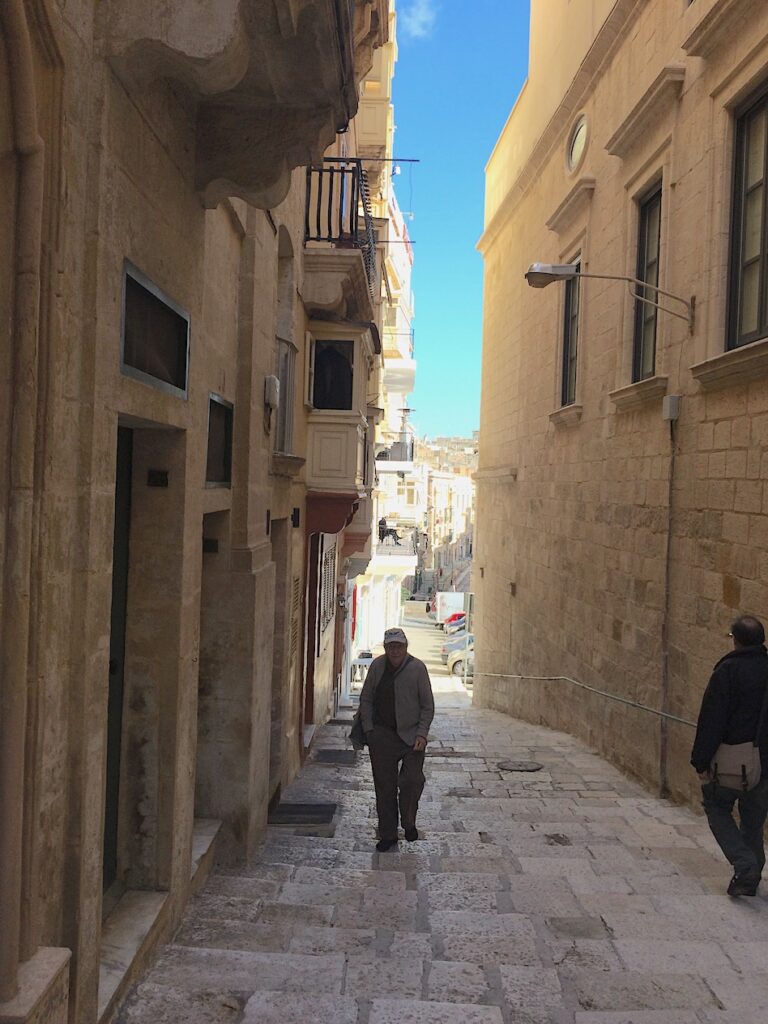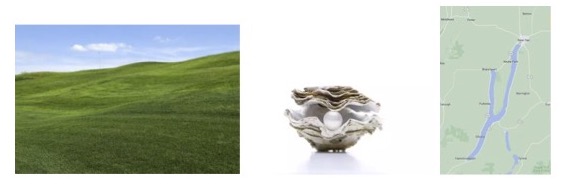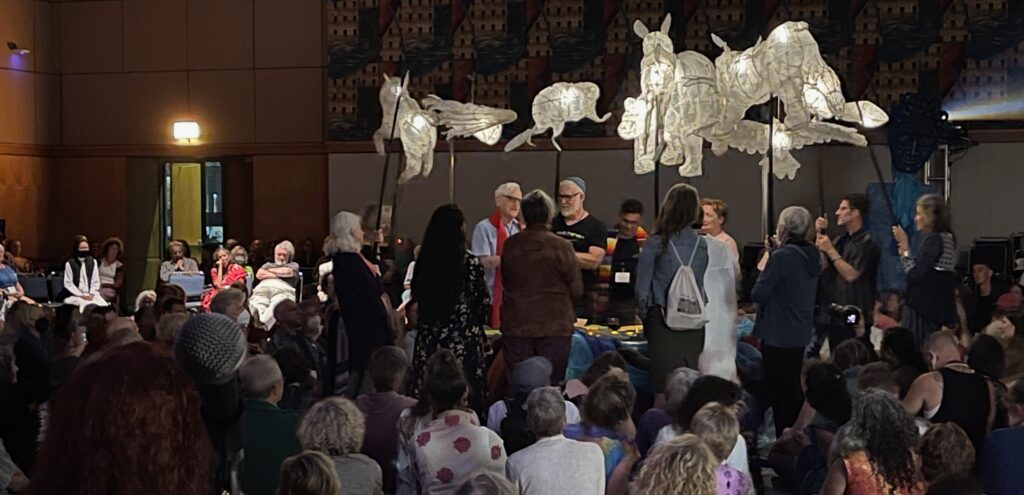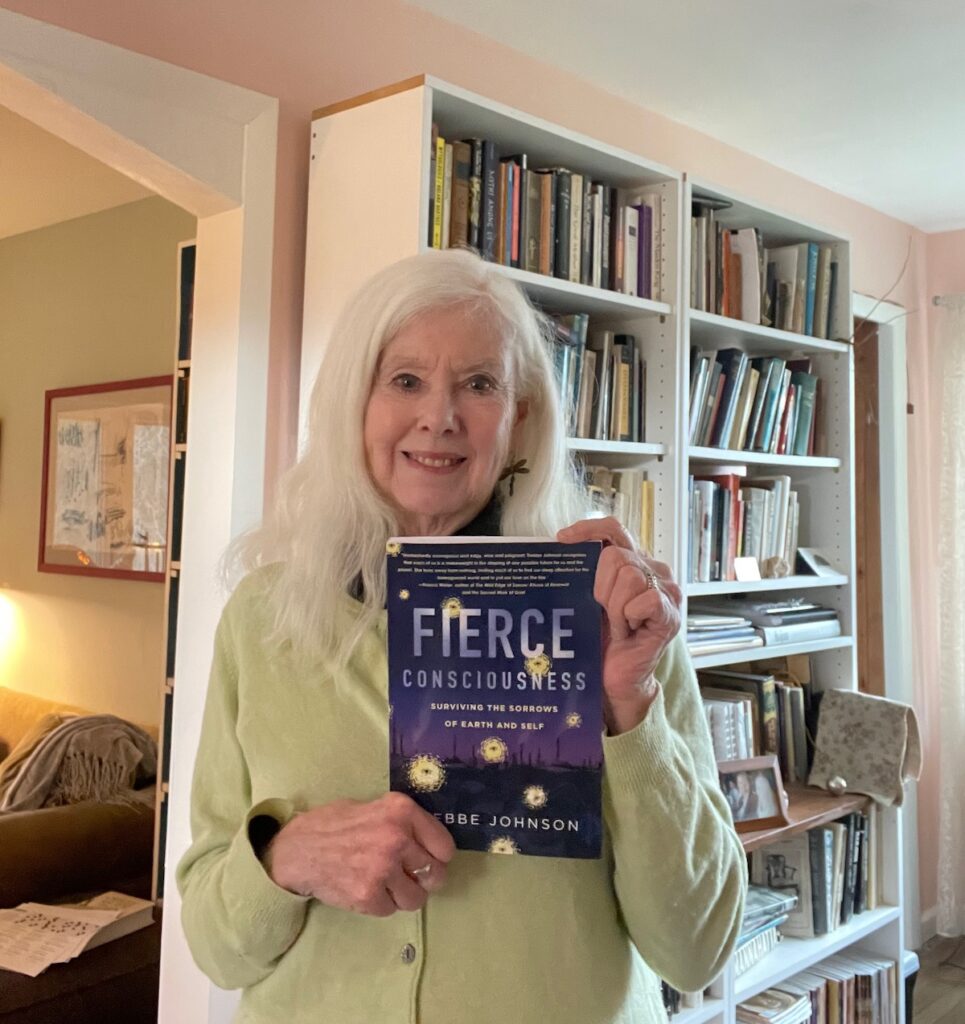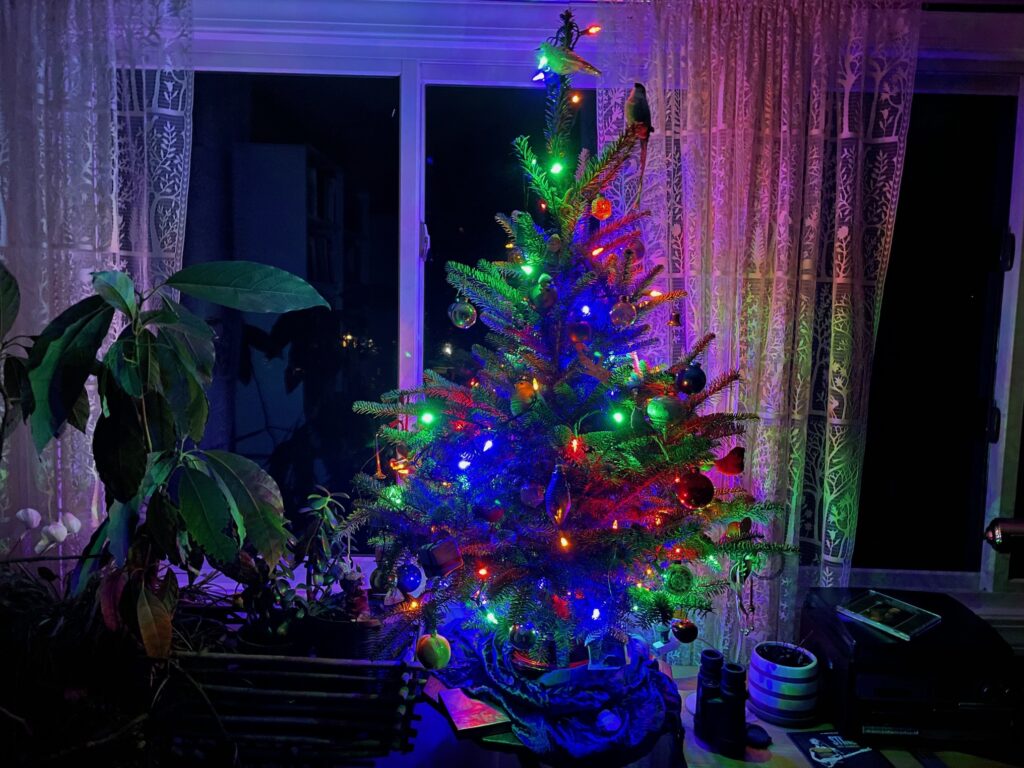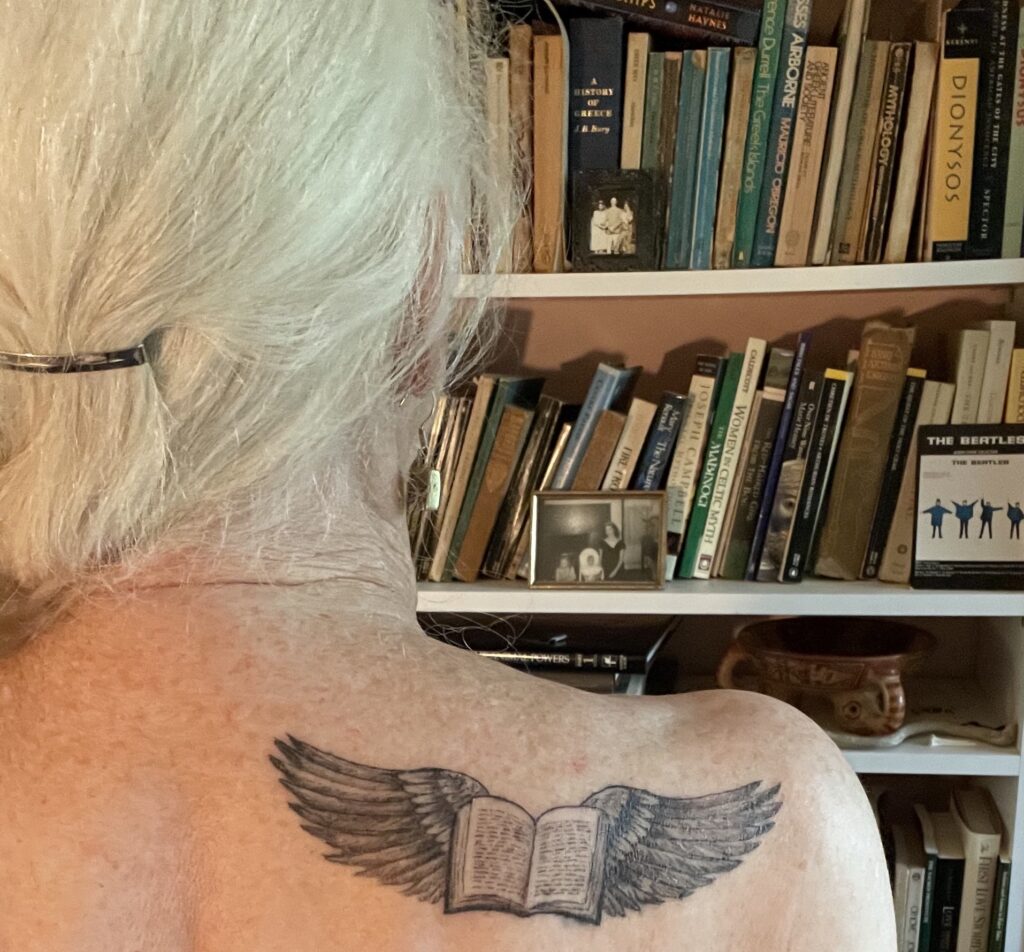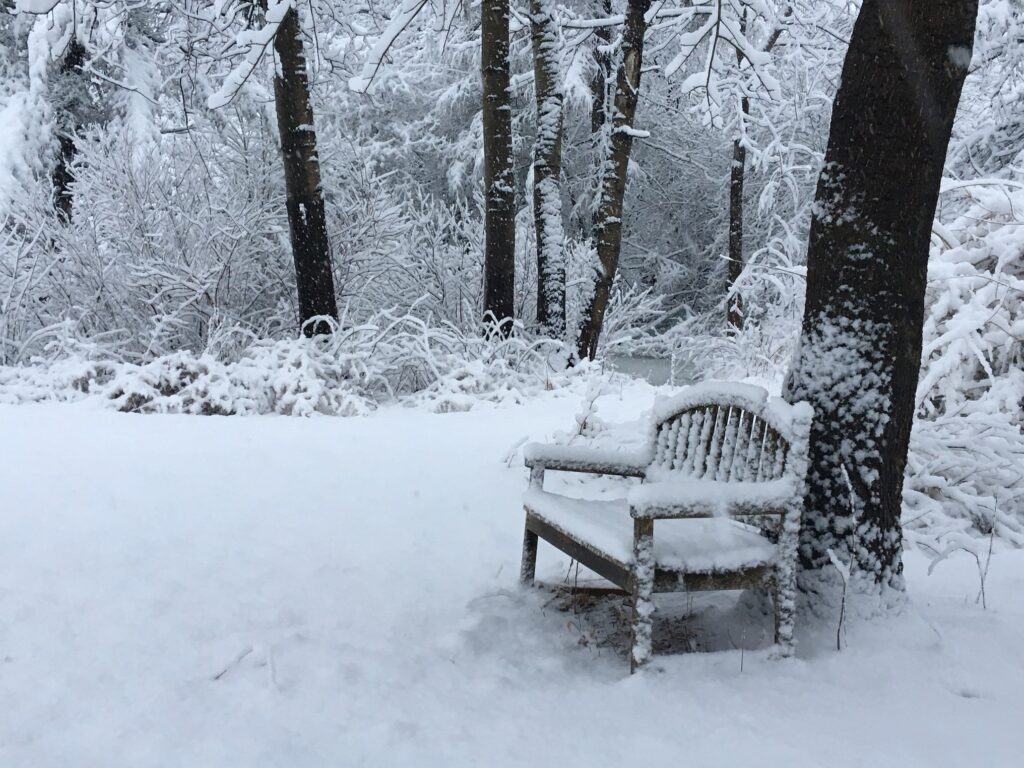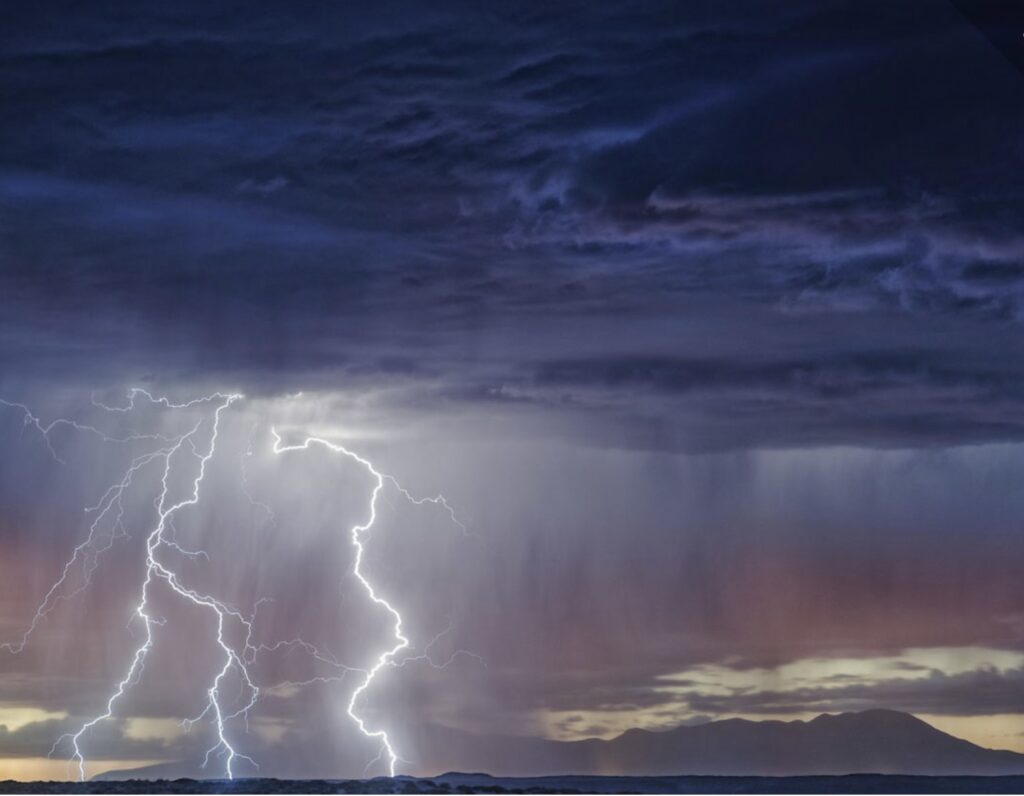
Anticipating the eagerness of so many people to view the April 8 total eclipse, officials and commentators sent out warnings. In New York, the police advised eclipse tourists to put plenty of fuel in their cars, since they might be stuck for hours in traffic. People in Vermont, where the eclipse was predicted to be spectacular, worried about the surge of visitors. “Three minutes of darkness were a harbinger of an overcrowded and unsustainable future, unwanted by most Vermonters,” grumbled one newspaper afterwards.
It’s true that all those people driving or flying to what were predicted to be prime eclipse-viewing spots added a lot of carbon to our overloaded atmosphere and caused inconvenience to residents whose roads they blocked and shops they crowded. But it was much more than “three minutes of darkness” that all those people were seeking. It was hope of witnessing a cosmic spectacle. It was a desire for awe. It was a yearning to be part of something rare and magnificent.
And, really, when you think of it, isn’t it wonderful that so many people would decide that they simply had to risk the money, time, and possibly the disappointment, for the mere possibility of witnessing this celestial event?
Just four weeks after the eclipse, a solar storm bedazzled half of Planet Earth with displays of the aurora borealis. Radiant curtains of pink, jade green, and purple lit the skies and lit up social media from Maine to Tasmania.
The internet keeps us posted about such events and even, as in the case of the eclipse and unusual alignments of planets, offers helpful maps and schedules that allow us to pinpoint pretty much exactly when and where we can witness wonders of the sky. But I’m pretty sure it’s more than accessibility that has caused increased attention to unusual displays of sky.
I think that the excitement about the eclipse and the Northern Lights tells us something about humanity and about our desire to belong in the universe. The deep anxiety that so many of us feel about climate change, war, and threats to democracy have enhanced our appreciation for the beauty and mystery of the skies. On Earth we face so many difficulties, personal, local, and global. Yet still the moon reliably rises and rounds out from a tiny sliver to full golden splendor and back to a sliver again. Still the sun rises and sets according to its ancient patterns. Still the stars shine, even through much artificial light. Such regularity brings comfort.
A couple of years ago a good friend gave me a subscription to the Cloud Appreciation Society, and I have kept up my membership. Every day you receive in your email a photograph of a cloud formation, along with a short, always lyrically written description of what the cloud is doing and why. It’s made me even more curious about the clouds, and I look at them more closely than ever before. Whether the sky is doing something of exceptional beauty or just being its grand, mysterious self on an ordinary day, when our eyes look up, our breath rises in a gasp of wonder and our spirits soar.
